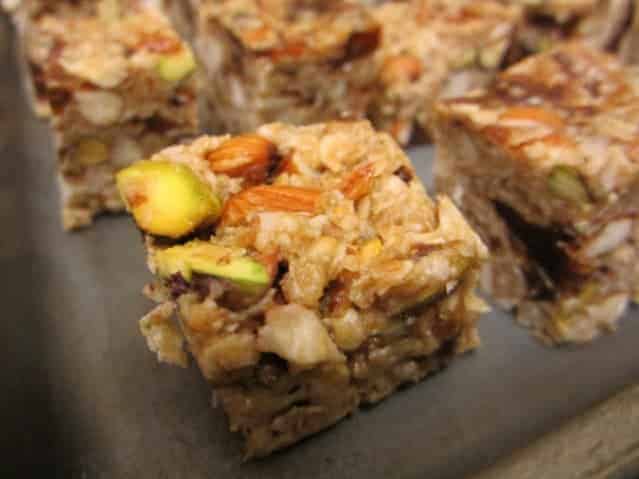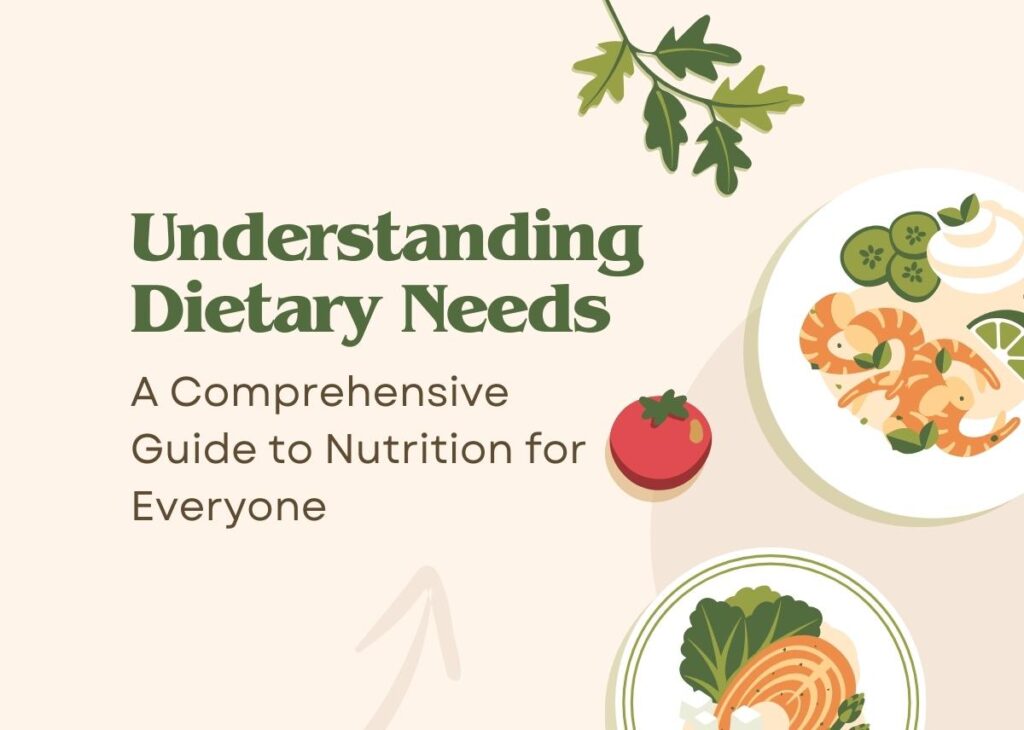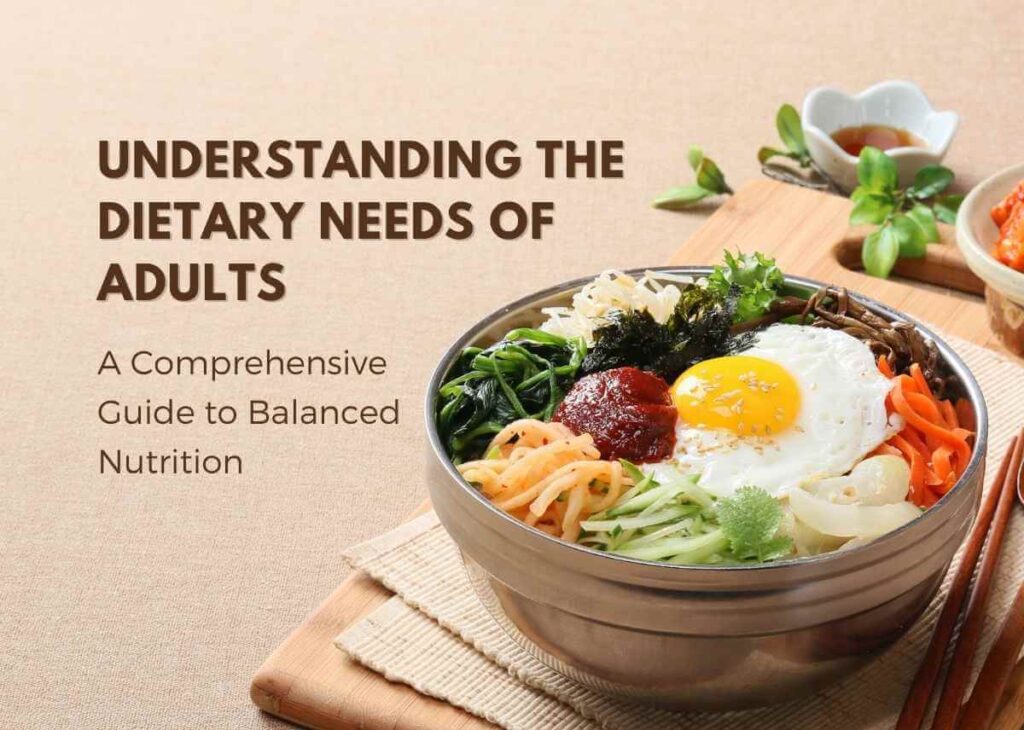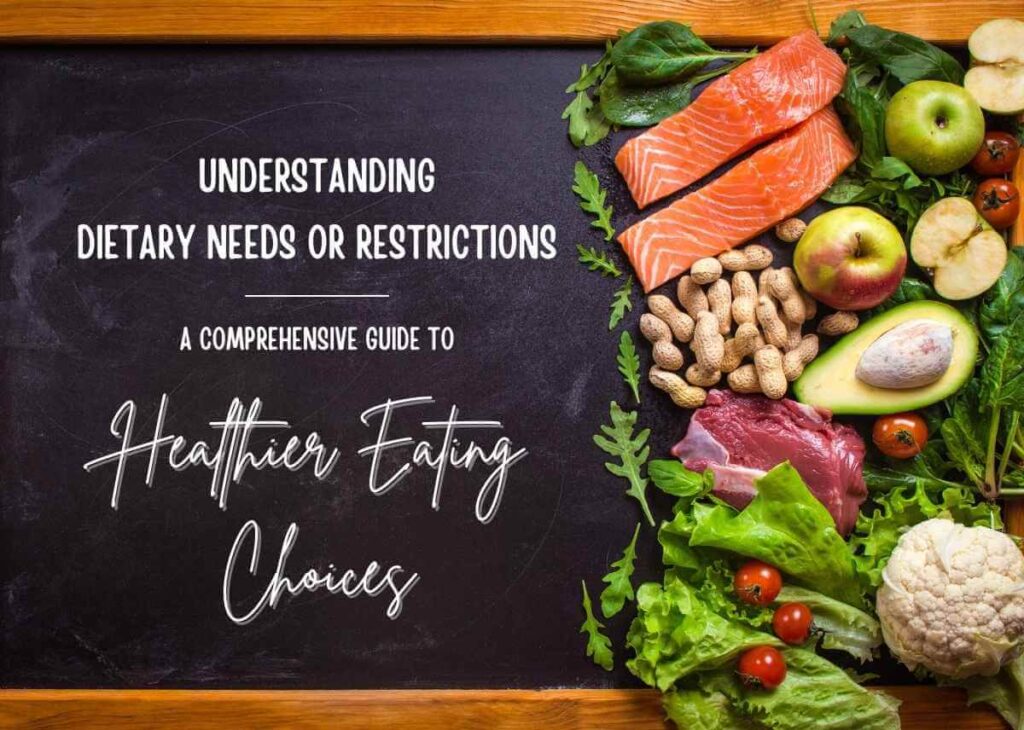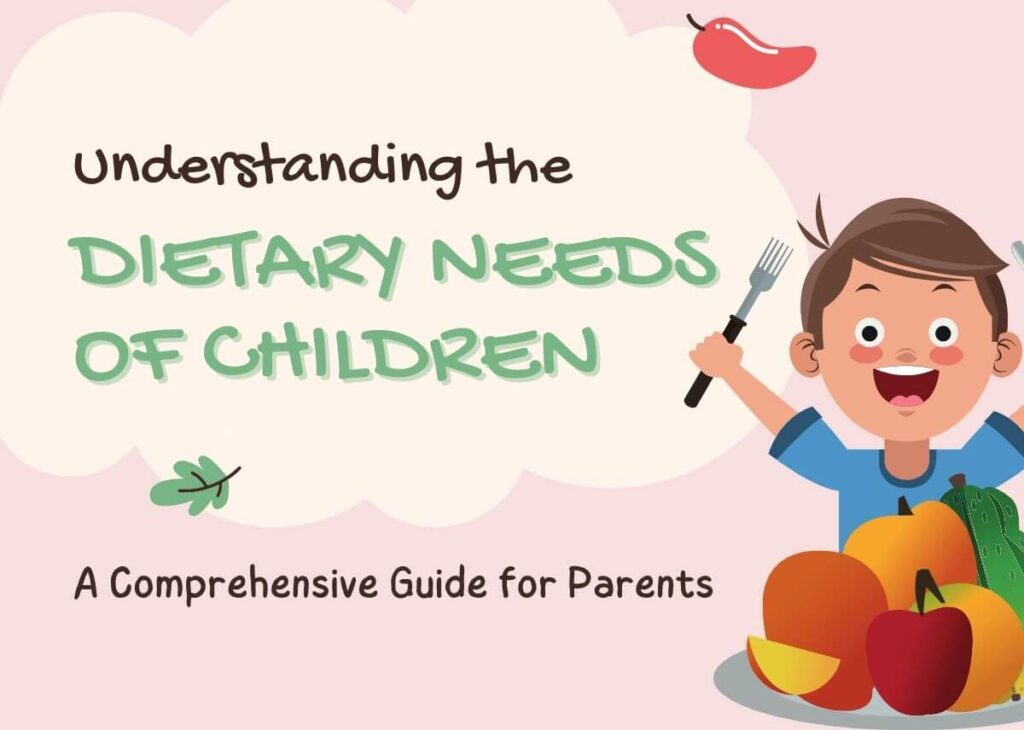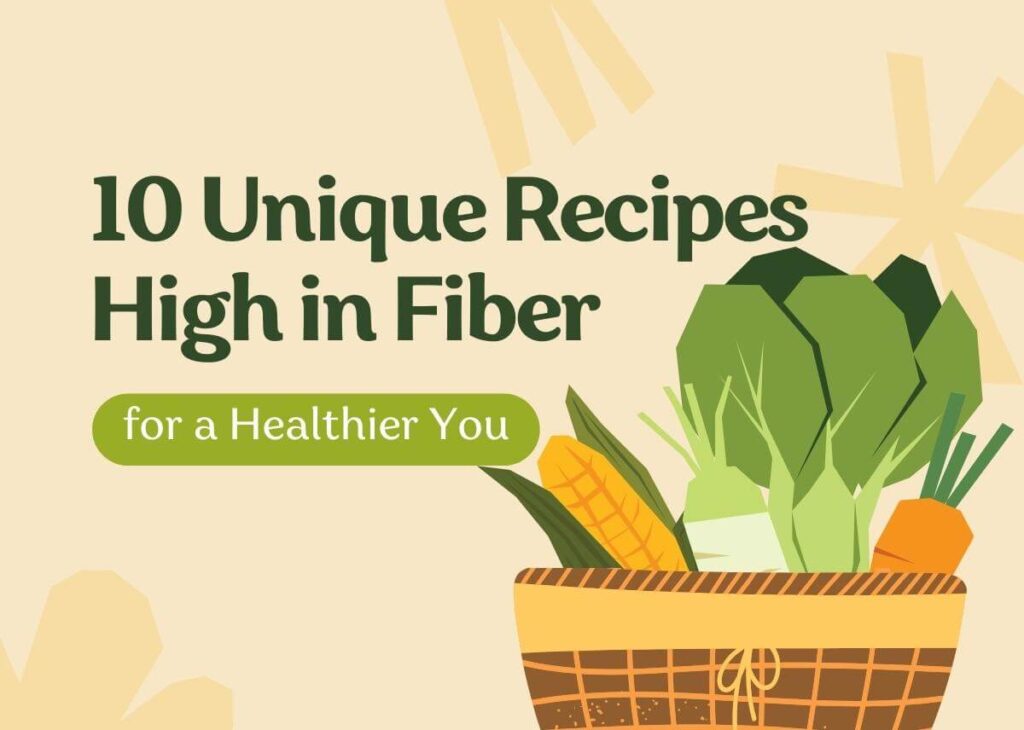10 Simple Ways to Get Your Daily Fix of Nutrients
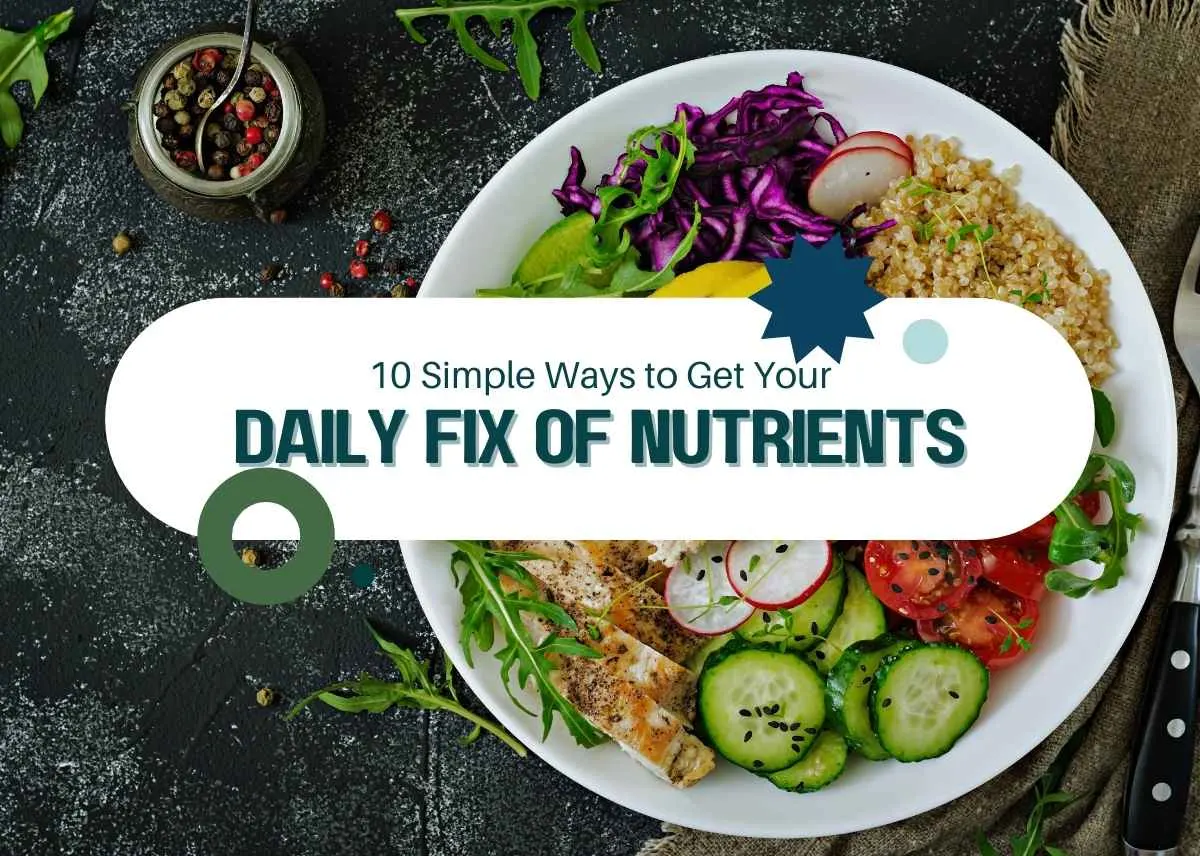
Maintaining a balanced diet rich in essential nutrients is vital for overall health and well-being. However, with our busy lifestyles, it can be challenging to ensure we’re getting the right nutrients daily.
In this article, we will explore simple and practical ways to incorporate essential nutrients into your daily routine, making healthy eating both achievable and enjoyable.
Table of Contents
Ways to Get Your Daily Fix of Nutrients
1. Start Your Day with a Nutrient-Rich Breakfast
Breakfast is often considered the most important meal of the day because it kickstarts metabolism and provides the energy needed for the day ahead. A well-balanced breakfast should include fiber, protein, and healthy fats. Here are some great options:
- Oatmeal with Fruits and Nuts: Oats are high in fiber, which aids digestion and keeps you full longer. Topping your oatmeal with berries adds essential vitamins and antioxidants, while nuts provide healthy fats and protein.
Recipe you may like
Healthy No-Bake Oatmeal, Dates And Assorted Nuts Energy Bars
- Smoothies: Blending fruits, vegetables, yogurt, and a handful of spinach or kale creates a nutrient-dense meal that is quick to prepare and easy to consume on the go.
Recipe you may like
Healthy Mango Greek Yogurt Smoothie Recipe | Mango Smoothie Greek Yogurt
2. Incorporate More Whole Foods
Whole foods are minimally processed and packed with essential nutrients, making them a healthier choice over refined products. Try adding more of the following:
- Fruits and Vegetables: Fill half your plate with a variety of colorful fruits and vegetables. They provide essential vitamins, minerals, and fiber that support overall health.
- Whole Grains: Choose whole-grain products like brown rice, quinoa, whole wheat bread, and pasta. These offer more fiber and nutrients than their refined counterparts.
3. Snack Smartly
Healthy snacking can be an excellent way to boost your nutrient intake without excessive calories. Opt for snacks that provide nutritional benefits:
- Nuts and Seeds: Almonds, walnuts, chia seeds, and flaxseeds are packed with healthy fats, protein, and fiber, keeping you satisfied between meals.
- Fresh Fruit: An apple, banana, or a handful of berries can curb sweet cravings while supplying vitamins and antioxidants.
4. Stay Hydrated
Water plays a crucial role in digestion, nutrient absorption, and temperature regulation. Staying adequately hydrated is essential for maintaining good health.
- Carry a Water Bottle: Having water readily available encourages regular sipping throughout the day.
- Infuse Your Water: Adding slices of lemon, cucumber, or berries can enhance flavor and make hydration more enjoyable.
Also Read: Hydration Hacks: The Secret Link Between Staying Hydrated and Weight Loss Success!
5. Plan and Prepare Meals Ahead
Meal planning ensures balanced nutrition and reduces reliance on unhealthy convenience foods. Consider these strategies:
- Batch Cooking: Preparing meals in advance and storing them in portions can save time and ensure healthier food choices.
- Grocery Lists: Planning your shopping with a list helps you focus on nutrient-rich foods and avoid impulse purchases.
6. Choose Lean Proteins
Proteins are essential for muscle repair and other bodily functions. Incorporating lean protein sources can boost your daily nutrient intake:
- Plant-Based Proteins: Beans, lentils, tofu, and tempeh are excellent sources of protein with the added benefits of fiber and other essential nutrients.
- Lean Meats: Opt for chicken, turkey, and fish, which provide protein with less saturated fat compared to red meats.
7. Limit Added Sugars and Sodium
Excessive sugar and sodium intake can lead to health issues such as hypertension and diabetes. Reducing these in your diet is key to maintaining overall wellness:
- Read Labels: Checking the sugar and sodium content in packaged foods can help you make better choices.
- Flavor with Herbs and Spices: Instead of relying on salt, use herbs and spices to enhance the taste of your meals while keeping sodium levels in check.
8. Practice Mindful Eating
Being attentive to what and how you eat can improve your relationship with food and promote healthier habits:
- Eat Without Distractions: Focusing on your meal without screens allows you to enjoy your food and recognize satiety cues.
- Chew Thoroughly: Taking the time to chew your food properly aids digestion and enhances flavor appreciation.
Also Read: Cultivate a Healthier You: A Guide to Mindful Eating
9. Diversify Your Diet
Eating a variety of foods ensures that you get a broad spectrum of essential nutrients. Try incorporating new and seasonal foods into your diet:
- Try New Recipes: Experimenting with different cuisines can introduce you to new ingredients and flavors that provide diverse nutrients.
- Seasonal Produce: Eating fruits and vegetables in season ensures you get the freshest and most nutrient-dense options.
10. Supplement Wisely
While it’s best to get nutrients from food, supplements can help fill any gaps in your diet. However, they should be used with caution:
- Consult a Professional: Before starting any supplement, consult with a healthcare provider to ensure it’s necessary and safe.
- Choose Quality Supplements: Not all supplements are created equal. Look for reputable brands that undergo third-party testing to ensure quality and effectiveness.
Conclusion
Achieving daily nutrient intake doesn’t have to be complicated. By incorporating whole foods, staying hydrated, planning meals, and practicing mindful eating, you can make significant strides toward better health. Small, consistent changes often lead to the most sustainable results. Start today—your body will thank you!
For more tips and guidance on maintaining a healthy lifestyle, check out our informative health articles.
